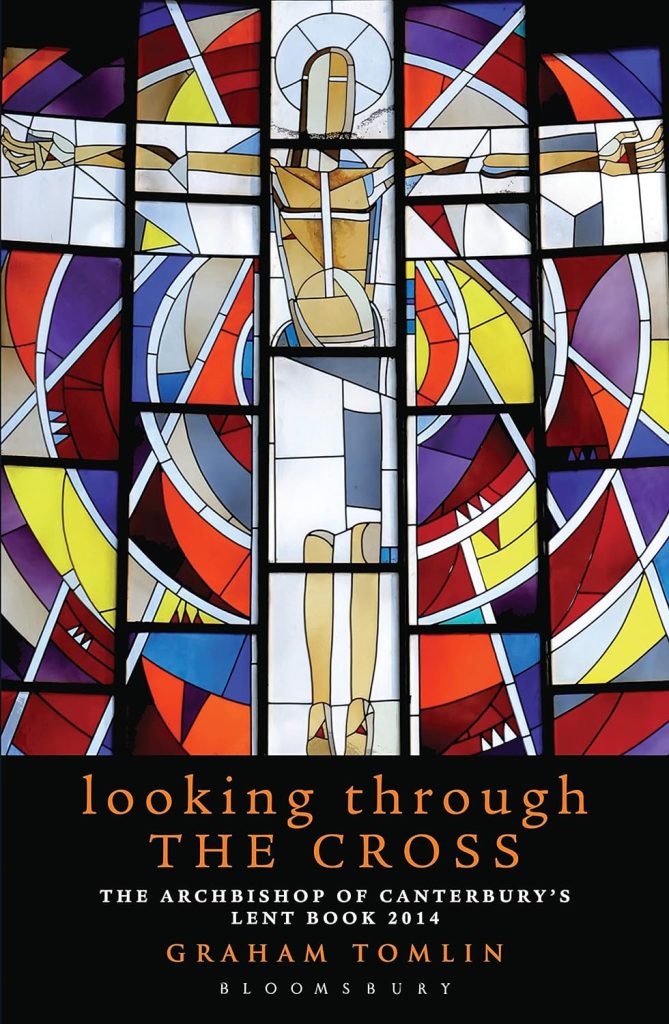This week we are reading through Chapter 2 “The Cross and Evil” in Looking Through the Cross. In this chapter, Tomlin begins with a discussion of the abandonment of Christ on the Cross by God himself in fulfillment of Psalm 22, and how within that abandonment, Christ works the Atonement between God and Man.
When we look at the nature of evil, we see the ultimate sacrifice of the Son when he is handed over to suffering and death. Christian thought defines evil as a negation of the good. Evil is not a positive attribute of any being but is simply the deficiency of goodness, in the same way that darkness is the deficiency of light, or cold is the deficiency of heat. Augustine says that evil is nothing but the privation of the good, and has no existence (for otherwise God is the author of evil). Confessions, 3.7.12. Similarly, Aquinas says that “no being can be spoken of as evil, but only so far as it lacks something. Thus a man is said to be evil because he lacks some virtue, and an eye is said to be evil because it lacks the power to see well.” Summa, 1.5.3. This understanding, of course, is derived from the Scriptures themselves since everything that God creates is (very) good. Gen. 1. It is the nature of evil that we become so corrupted as to cease to be. As Athanasius wrote: when we separate ourselves from God, we begin the “process of becoming corrupted entirely . . . . [and] through corruption to non-existence.” On the Incarnation, 1.4. Therefore, evil is nothingness and leads to absolute nothingness and it is this pure emptiness that Christ experiences on the Cross.
Therefore, as we meditate on the Cross and Evil, think of Christ taking upon himself, and being handed over to, our abandonment of God. An abandonment which is the essential characteristic of evil itself. Him who is pure light is handed over to and assumes our darkness. Him though whom all things came to exist, is handed over to and assumes our non-existence. He becomes forsaken for us. If you have time, please read Psalm 22 and chapters 1 and 4 of On the Incarnation.
Dinner is at 6. The menu is hamburgers. Discussion about 6:45. Hope to see you here.
Emptiness of emptiness, says the Teacher; Emptiness of emptiness, all is emptiness. . . . indeed all is emptiness and a chasing after the wind.
Ecclesiates 1:1, 2:11

